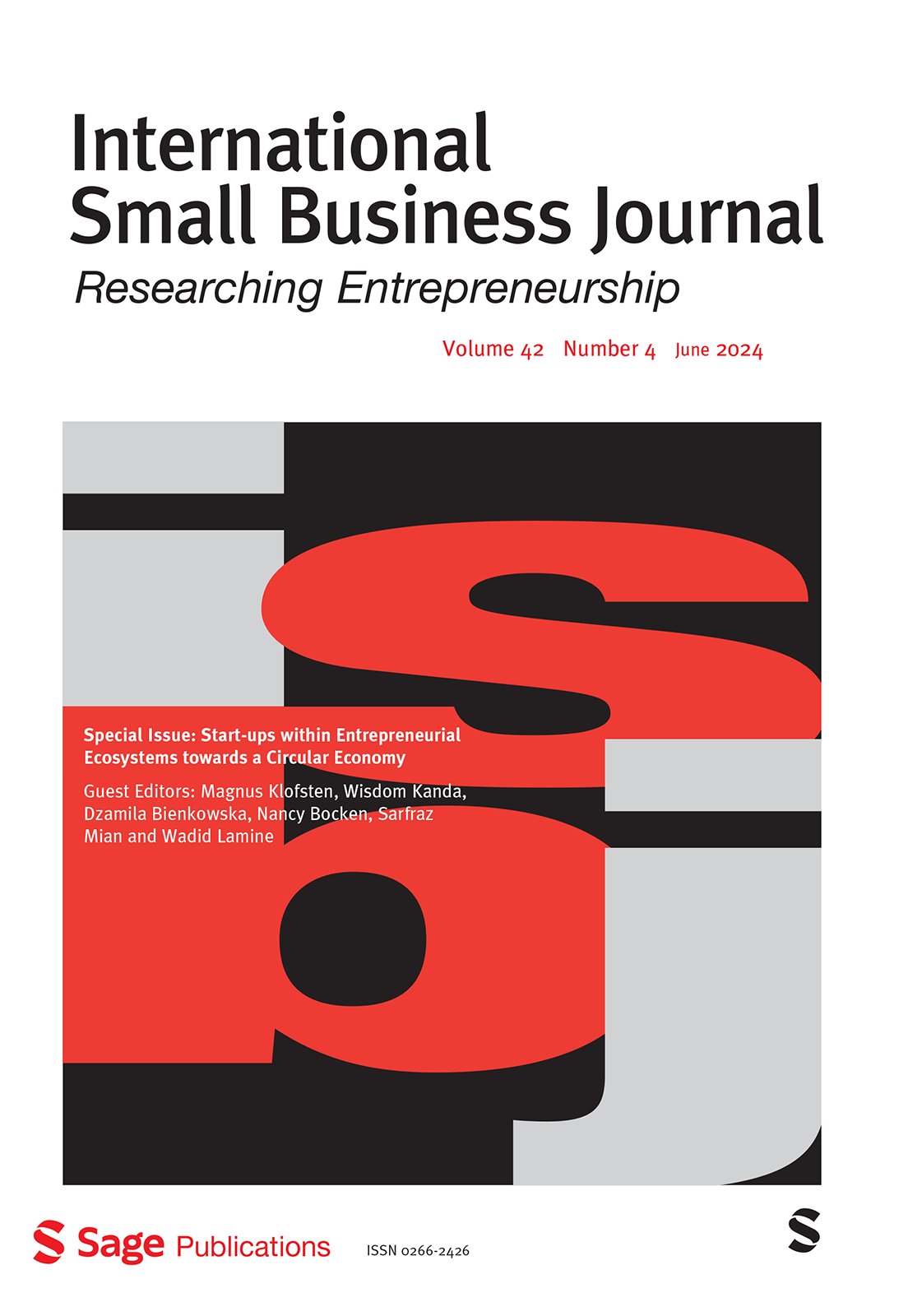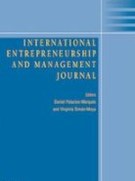
The Door Swings In and Out: The Impact of Family Support and Country Stability on Women Entrepreneurs’ Success in the Arab World
Women-owned businesses represent a significant segment of the contemporary economy upon a global basis. However, women entrepreneurs still experience more obstacles than men depending on cultural context; for example, research on the Arab world concerning the interaction between women entrepreneurs and their families remains under-developed. Consequently, we ground our study upon an enhanced framework of agency theory, which includes family altruism. We examined the relationships between business-family interface (BFI) enrichment components and the performance of firms headed by female entrepreneurs women in Jordan and Sudan. Specifically, we investigated if and how the country level of political and social stability moderates these relationships. The findings suggest that the relationship between the family-related objective factor (family financial support) and the performance of firms headed by female entrepreneurs is not affected by the country’s political and social stability context. Conversely, the family-related subjective factor (family moral support) is affected by this context. Our study bridges the gap in contextual studies on the Arab world concerning the success of women-owned businesses and confirms how institutional elements affect business in addition to family-related matters. Implications for future research and public policy are discussed.


